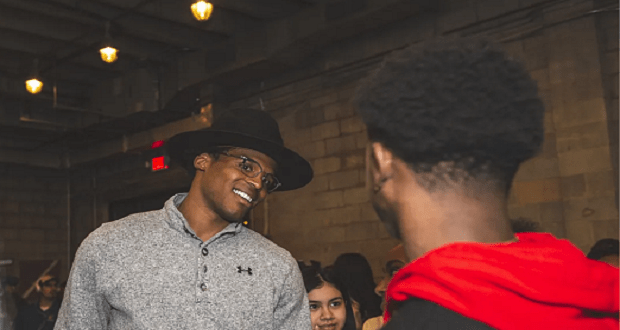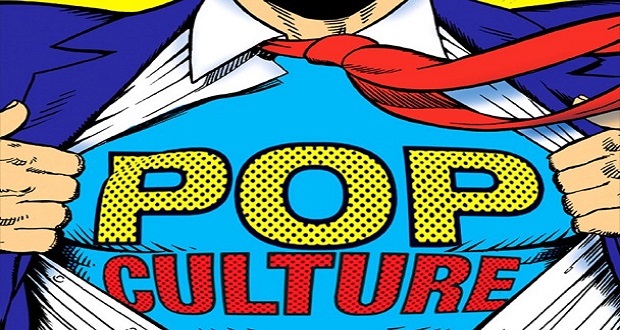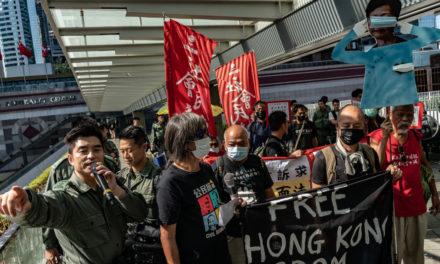
This past weekend, The Winters Group partnered for the second year with the Cam Newton Foundation to offer Un1ted As 1, a unique social justice-focused program for 7th and 8th grade students. Over the course of two days, students explored the importance of difference and identity, what it means to be a leader and a force for change, and how to effectively join efforts with others to achieve a common goal.
Thirty-four middle school students participated in activities that challenged them to learn about their similarities and differences, consider the origins of their cultural norms, connect history to current problems, and brainstorm solutions to problems they have observed in their schools and communities. The participants provided insightful comments and ideas in every conversation.
It was a joy to take part in and witness the transformation of these students in two short days. Those who entered shyly were laughing together by the end of the weekend, creatively expressing their takeaways from the program in a variety show. They were empowered by what they had learned, inspired by a new conviction that they had the power to make positive changes in their spheres of influence. Also, as Winters Group facilitator Travis Jones reminded them, they were engaging knowledgeably with topics that many adults struggle with in our work.
While I attribute some of their awareness to generational differences, I believe that most of the success of this program came down to one fact: that young people are much more capable of understanding complex social topics than adults typically give them credit for. As the amazing artist and activist Staceyann Chin and her then-pre-kindergarten daughter remind me in my favorite of their series of Living Room Protest videos, children can understand plenty of complex topics when they are presented in age-sensitive ways.
Young people are much more capable of understanding complex social topics than adults typically give them credit for. Share on XWhen I learned in college about systemic oppression, it opened whole new fields of ideas and understanding for me, and I recall the number one question in my head: “How different could the world be if everyone were introduced to social justice topics in primary and secondary school instead of only in college—and even then, only if they were interested enough to enroll in courses about them?” I began my career in professional development education around D&I because, sadly, it is one of very few existing places where most of us are exposed to these topics. It is my sincere hope that this will change in the coming decades. This year’s Un1ted As 1 cohort only reinforced my certainty that reaching learners early can make all the difference.
How different could the world be if everyone were introduced to social justice topics in primary and secondary school instead of only in college? Reaching learners early can make a difference. Share on X

















